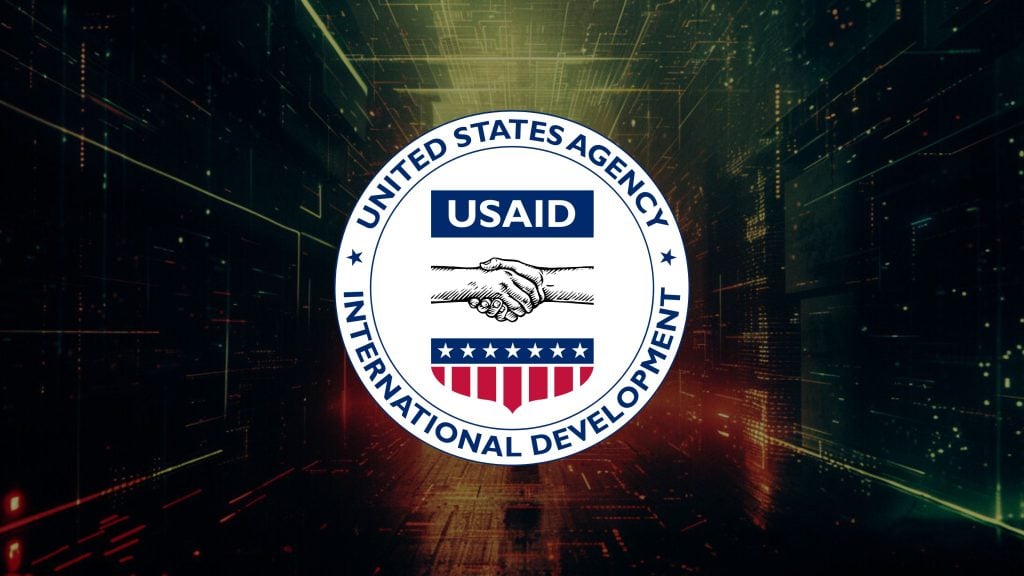As the (paraphrased here) classic pop song goes – “some typos are bigger than others.”
Namely, a “suspected typo” in a geofencing warrant is to blame for extending surveillance of everybody and their phone in a given physical location from a supposedly restricted one – to in one instance “two miles over San Francisco,” reports say.
That would include businesses, private homes, and places of worship.
The incident highlights the problems related to this legal/law enforcement tactic, and its implementation, and reminds those willing to listen why it is wrong to begin with – warrant order typos or not.
First of all, in the US – the dragnet-style “hunt” is now considered unethical even when it concerns marine animals. So how could it possibly be acceptable, but also, constitutional, to treat every human that happens to be in one location as a potential suspect?
But that’s geofencing, 101.
It turns the rule of “innocent until proven guilty” on its head, and is therefore, as critics concerned with civil liberties insist, clearly unconstitutional.
Nevertheless, US judges keep signing off on such warrants, although the actual numbers are not entirely clear. Keeping that secret is one way for a country to implement a true, functional democracy, “rule of law” principle. Or not.
And now we have evidence of things around geofencing going south not only regarding the very nature of the thing – but also just related to clerical issues.
“Many private homes were also captured in the massive sweep,” ACLU attorney Jake Snow said in a blog post.
The truly disturbing thing about the story, though, is the essential secrecy of it all – citizens are not even allowed to know which law enforcement outfit asked for the particular San Francisco warrant, nor the time span it covered.
Those relying on geofencing – surely – must be aware that the practice is already so fraught with controversy that they literally can’t afford to make many more “slips.”
But they don’t seem to be aware of it. And here we are: on top of the whole thing being a mess from the standpoint of civil rights, and sheer legality – now geofencing warrants also feature costly-to-civil-rights “typos.”






















